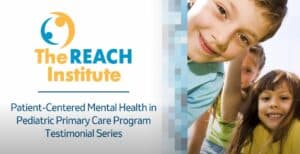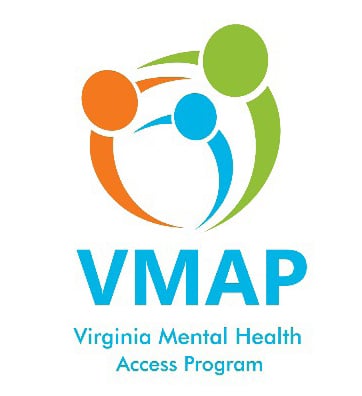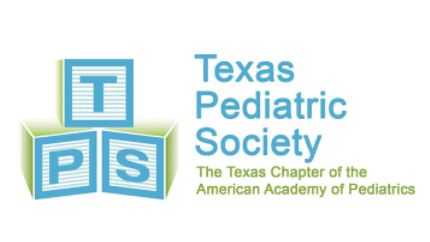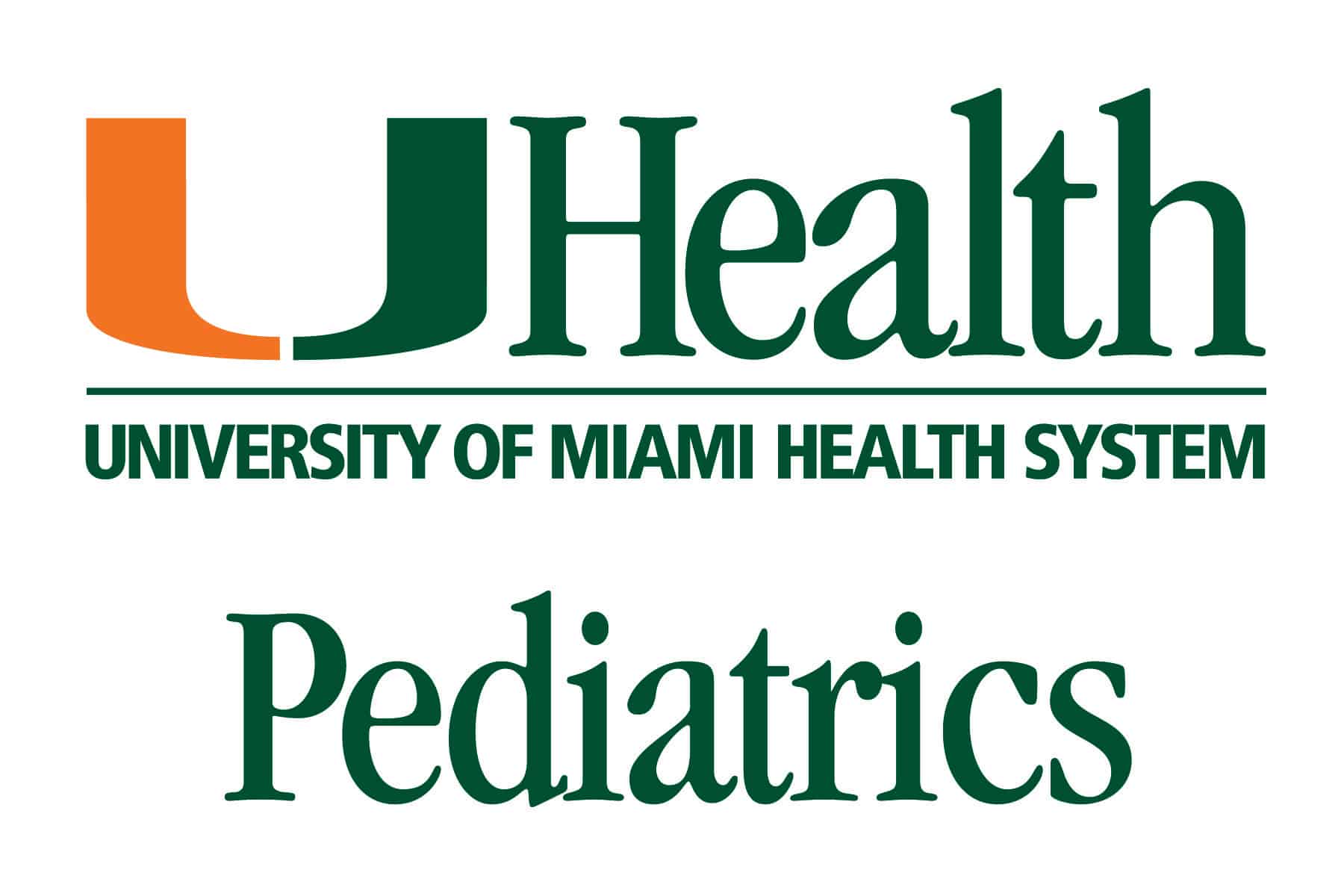Register for Mental Health Training Courses
Please select your profession in order to view a drop down menu of applicable course selections.
Expanding Access To Mental Health Care
The US has a pediatric mental health crisis. At least 6 million children and teens were suffering from mental illness before COVID-19. Most did not have access to mental health services even then. During the pandemic, pediatric mental illness has skyrocketed, while services have stayed flat. By providing mental health training for doctors, therapists, educators, and parents, REACH increases the nation’s capacity to help children with mental health disorders.
2023 Scholarships now available for Patient-Centered Mental Health in Pediatric Primary Care!
Round 2 Applications are now closed.
Link to Application
1 in 5 children experience mental health issues,
but only 20% receive the comprehensive treatment they need.
REACH provides training to health professionals all over the world on Adult Behavioral Health in Primary Care and Treating Disruptive Behavior Disorders.
Learn about REACH's online courses Adult Behavioral Health in Primary Care and Treating Disruptive Behavior Disorders.














